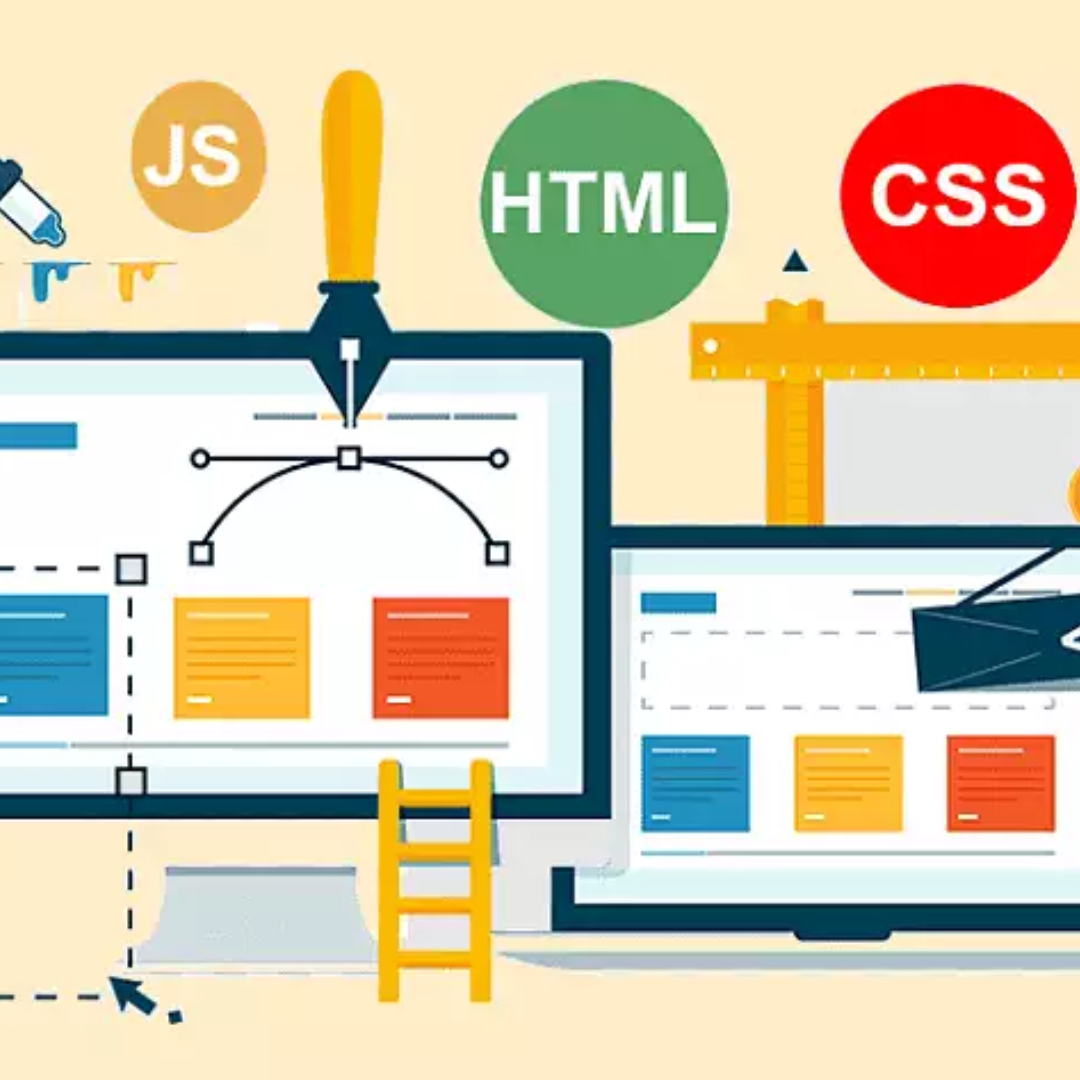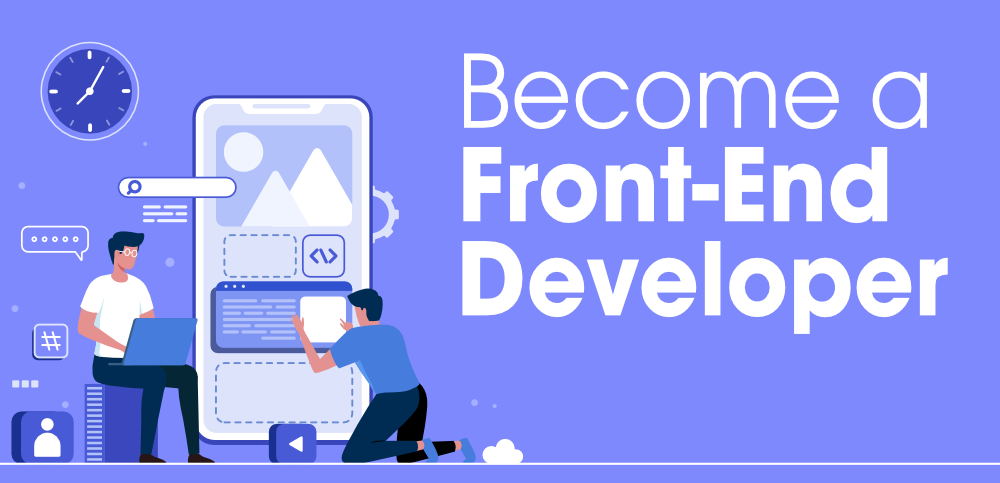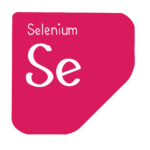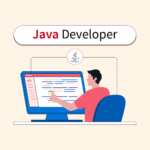
Professional Guide: Front End Developer Training in Vizag – Unveiled Secrets Revealed
front end developer training in vizag

Discover Complete Stack Development From The Beginning
Gain in-demand tech skills like Javascript, React, and Node.js and build a solid portfolio to demonstrate your abilities to potential employers.
Your goal in taking the MERN Stack course is to become proficient with Express, React, MongoDB, and Node.js. Front-end and back-end development with JavaScript, HTML, CSS, and Node.js are covered in the course.
You will discover how to create web user interfaces and how to leverage the MERN stack to link them to back-end APIs. You will be able to use these technologies to construct web apps and have a firm grasp of them by the conclusion of the course.
front end developer training in vizag
Module 1
Core + Advanced JavaScript
The goal of this lesson is to teach you the foundations of programming in a manner that adheres to industry standards.
To hone your logical reasoning and problem-solving abilities, you will work on coding assignments that include exercises based on typical interview questions.
You will obtain a strong foundation in programming and be well-equipped for a career in the area by completing these challenges.
Module 2
Front End Development
This module is designed to assist you in creating dynamic user interfaces with the usage of contemporary JavaScript technologies such as Redux, Ajax, and React.
Working on real-time projects will provide you with hands-on experience and a comprehensive grasp of these technologies.
Upon completion of this module, you will possess the abilities and understanding required to create dynamic and captivating user interfaces utilizing the most recent JavaScript frameworks.
front end developer training in vizag
Module 3
Placement Training 1
This program equips you with the confidence you need to attend front-end interviews at businesses.
You’ll complete two written exams, two practice interviews, work through all of the current interview questions, and arrange a strong CV that includes a GitHub profile.
Module 4
Back End Development
You will gain knowledge about configuring REST APIs, handling databases, and putting security measures like user authentication and authorization into practice in this module.
Building full-stack projects and integrating the front and back ends are other skills you will acquire.
You’ll have the abilities and information necessary to develop feature-rich, safe, and efficient web apps after completing this module.
Module 5
Placement Training 2
The goal of this lesson is to make you feel comfortable and ready for technical interviews with businesses.
You will work through previously asked interview questions, take a mock interview, and get experience completing technical aptitude exams. Additionally, you’ll get the chance to write a strong and impactful CV.
You will have the abilities and understanding required to ace the job interview process at the end of this program.
For front-end developer training, you’ll want to focus on mastering the core technologies and concepts used in front-end web development. Here’s a roadmap to help you get started:
- HTML (HyperText Markup Language): Learn the basics of HTML, including tags, elements, and attributes, to create the structure of web pages.
- CSS (Cascading Style Sheets): Dive into CSS to style your HTML documents, including layout, typography, colors, and more.
- JavaScript: Learn JavaScript, the programming language of the web, to add interactivity and dynamic behavior to your web pages. Topics to cover include variables, data types, functions, DOM manipulation, and event handling.
- Responsive Web Design: Learn how to make your websites responsive, so they look good and work well on all devices and screen sizes. This includes using media queries, flexible grids, and responsive images.
- CSS Frameworks: Explore popular CSS frameworks like Bootstrap or Tailwind CSS, which can help you design responsive and mobile-first websites more efficiently.
- Version Control: Learn how to use version control systems like Git to manage your code and collaborate with other developers.
- Build Tools: Familiarize yourself with build tools like npm (Node Package Manager) and webpack, which can help you automate tasks like minification, compilation, and bundling of your front-end assets.
- Browser Developer Tools: Learn how to use the developer tools built into web browsers to debug and optimize your front-end code.
- Front-End Libraries and Frameworks: Explore popular front-end libraries and frameworks like React, Angular, or Vue.js, which can help you build interactive and dynamic web applications more efficiently.
- Progressive Web Apps (PWAs): Learn about PWAs and how to build them, using modern web technologies to deliver app-like experiences on the web.
- Performance Optimization: Learn how to optimize your front-end code for performance, including techniques like code splitting, lazy loading, and image optimization.
- Testing and Debugging: Learn how to test and debug your front-end code to ensure it works as expected across different browsers and devices.
- Accessibility: Learn about web accessibility standards and best practices to make your websites usable by people with disabilities.
- Continuous Learning: Stay up-to-date with the latest trends and technologies in front-end development by reading blogs, attending conferences, and participating in online communities.


 Previous Post
Previous Post Next Post
Next Post